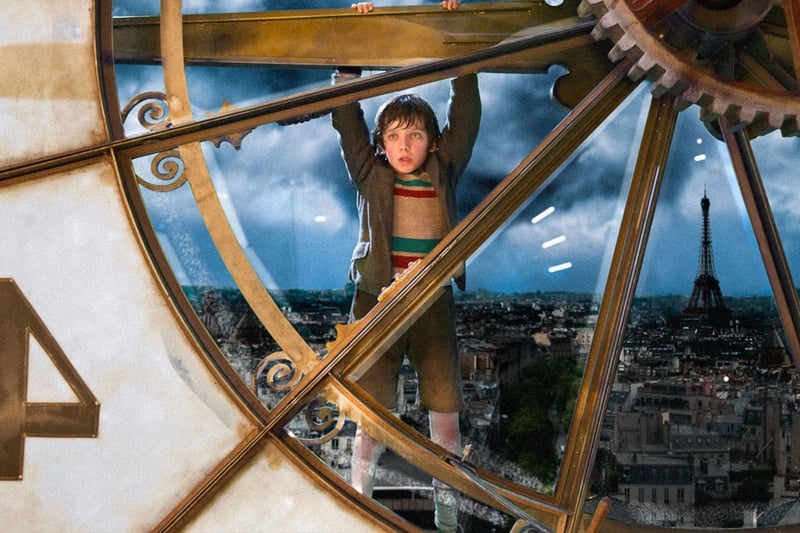
 La lumière en 4 films
La lumière en 4 films
Learn more


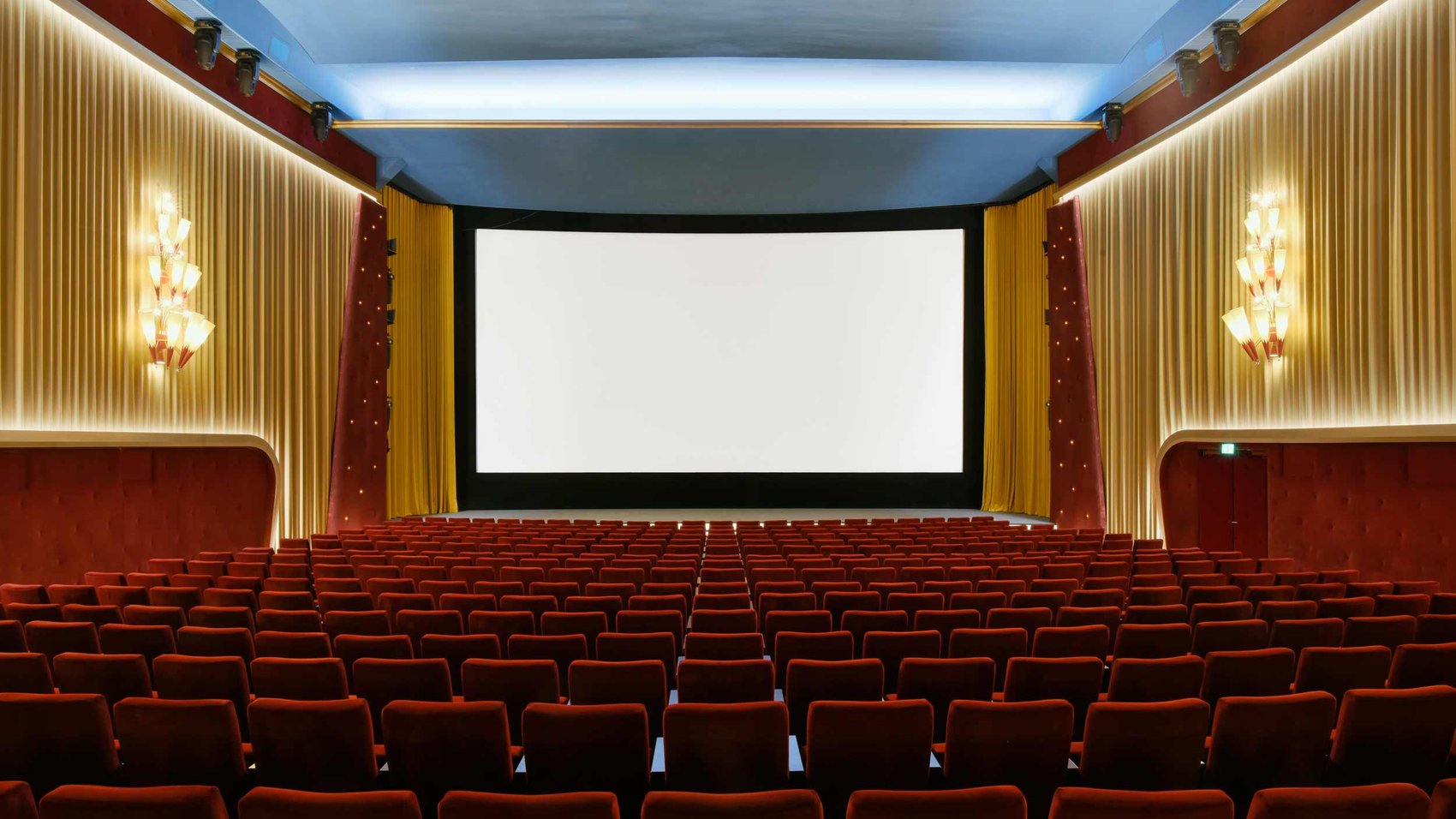
Light is the common thread of the Night of Museums 2025. The Capitol will shine brightly as it celebrates four illustrious directors of photography!

Learn more
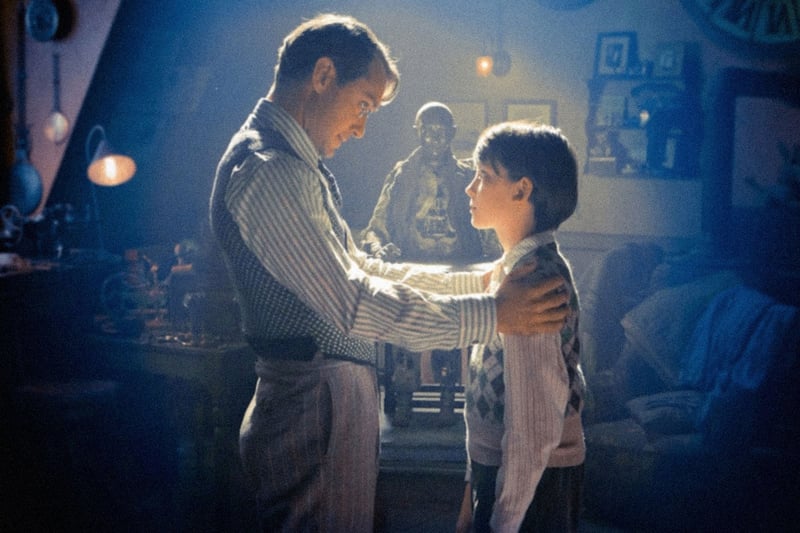
12h00
14h05
Cinéma Capitole
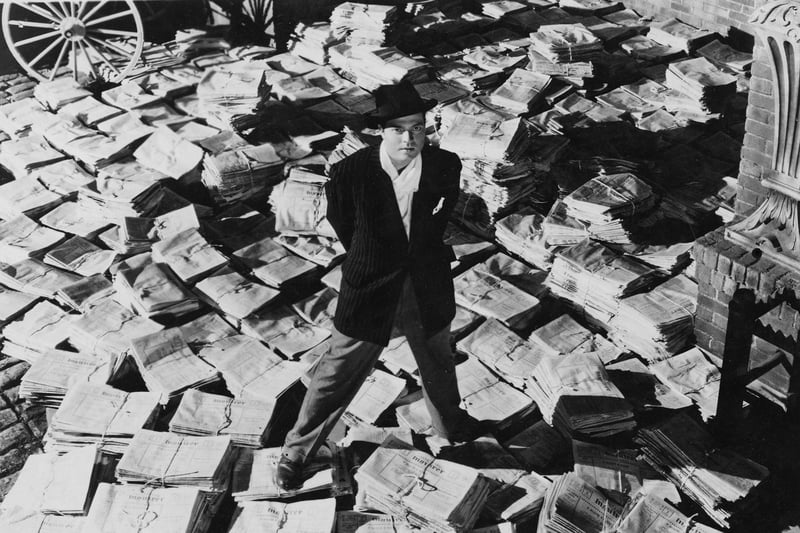
14h45
16h44
Cinéma Capitole
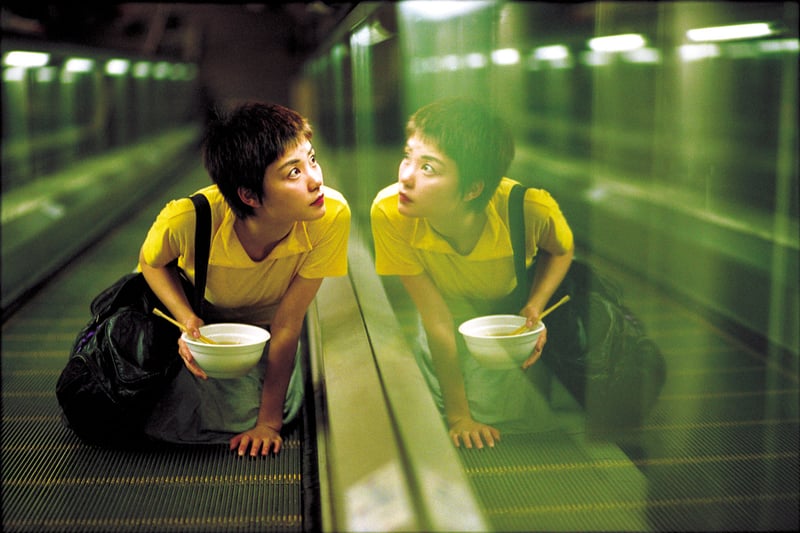
17h30
19h12
Cinéma Capitole

20h00
21h47
Cinéma Capitole
The institution offers more than 1,000 public screenings a year in the presence of leading figures from the film world, and organises themed cycles, retrospectives, tributes to film-makers and evening events. The screenings take place at the Capitole cinema in Lausanne. Opened in 1928, transformed in the 1950s and recently restored and enlarged, the Capitole is the largest cinema in the country, with 731 seats in the historic auditorium and 140 in a second auditorium in the basement. A true cinema destination in the heart of the city, it also has a café and a bar, and will soon have a bookshop on the first floor.
With a mission to preserve, restore and showcase our cinematographic heritage, the Cinémathèque suisse is now one of the ten largest film archives in the world, with a collection of over 10 million items. Founded in 1948, the Cinémathèque suisse preserves fiction films and documentaries from all over the world, as well as thousands of hours of filmed documents of all kinds. The institution also collects posters, photos, scripts, documentary files and old cameras at its Research and Archiving Centres in Penthaz and Zurich. It is the only national institution that collects and preserves most of Switzerland's audiovisual output. This heritage is a priceless treasure: the collective memory of this country.
Every year, the Cinémathèque suisse also contributes to the publication of books and DVDs. It regularly makes posters, photographs and other documents available for exhibitions in Switzerland and abroad. Finally, it collaborates actively with numerous partners: film libraries, museums, universities, festivals, the media, researchers and publishers. In particular, it works with the University of Lausanne, with which it is conducting several scientific research projects.